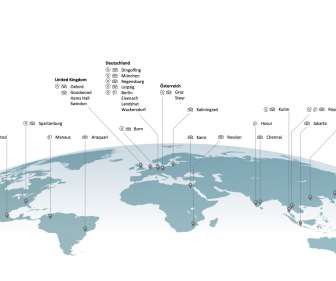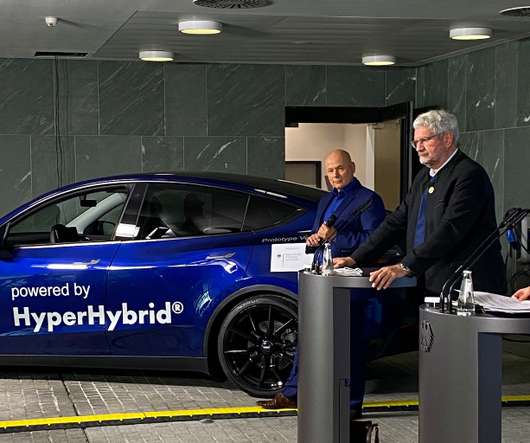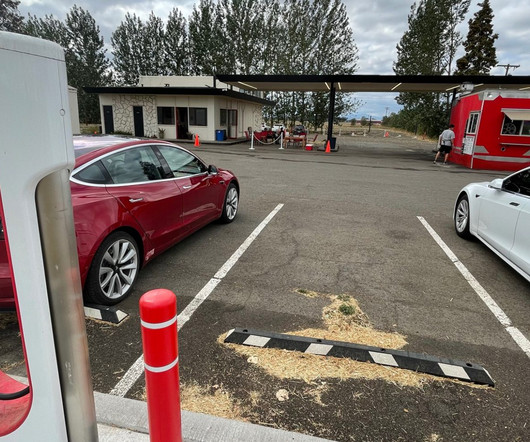Uniper to make Wilhelmshaven German hub for green hydrogen; green ammonia import terminal
Green Car Congress
APRIL 17, 2021
Under the name “Green Wilhelmshaven,” Germany-based international energy company Uniper plans to establish a German national hub for hydrogen in Wilhelmshaven and is working on a corresponding feasibility study. The NH 3 splitting plant for producing green hydrogen would be the first scaled plant of its kind.















Let's personalize your content